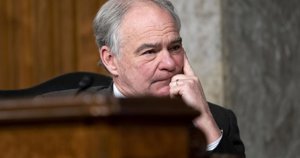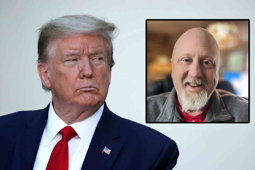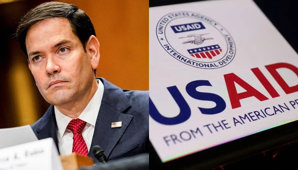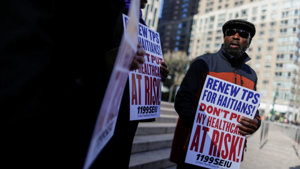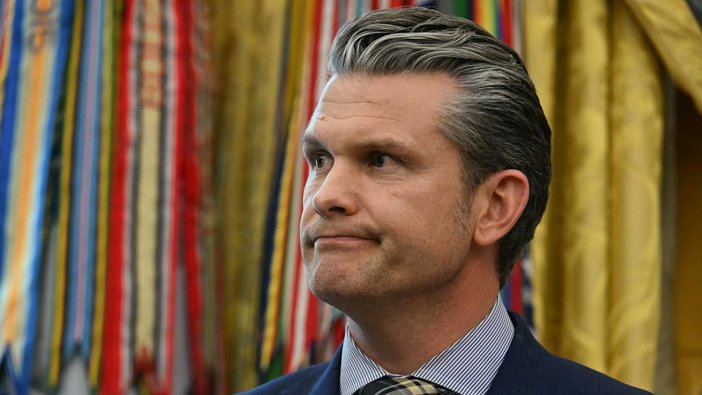
Pentagon Tightens Press Access Rules
Defense Secretary Hegseth tightens Pentagon press access, citing national security concerns amid Trump’s anti-leak crackdown.
Press Access Curtailed as Security Measures Intensify
Secretary of Defense Pete Hegseth issued a sweeping directive Friday imposing strict limitations on journalists’ access to the Pentagon, as part of a broader Trump administration initiative to clamp down on leaks and safeguard classified information. The new restrictions bar credentialed reporters from entering most areas of the Pentagon without formal approval and an escort.
In a memorandum outlining the changes, Hegseth emphasized that while transparency remains a value, protecting classified national security information and sensitive operational intelligence is a non-negotiable priority. “The unauthorized disclosure of such material could endanger the lives of U.S. service members,” Hegseth wrote.
The directive also requires members of the Pentagon press corps to sign documents acknowledging their obligation to protect sensitive information. Reporters will be issued newly designed badges clearly identifying them as members of the press. Additional security protocols, including tighter scrutiny of credential issuance, are expected to follow.
“Failure by any member of the resident or visiting press to comply with these control measures will result in further restrictions and possibly revocation of press credentials,” the memo stated.
Press Freedom Concerns Grow
The Pentagon Press Association responded with alarm, labeling the changes a “direct attack on the freedom of the press.” In a public statement, the association noted that journalists have accessed non-secure areas of the Pentagon under both Republican and Democratic administrations, including in the tense post-9/11 period, without such restrictions.
“The decision is purportedly based on concerns about operational security,” the association said, “but this policy shift undermines a decades-old tradition of open access and risks marginalizing independent scrutiny of military affairs.”
The announcement follows recent internal turmoil at the Department of Defense, which last month dismissed three officials amid a leak investigation that began in March. The administration has also begun using polygraph tests in federal agencies to identify leakers, with Homeland Security employees warned of termination for refusing lie detectors.
In tandem with the new press guidelines, the Pentagon has ordered longstanding news organizations including The New York Times, The Washington Post, CNN, NBC, and NPR to vacate their office spaces in the building. The office rotation policy is designed to give access to a broader range of outlets, including several that are viewed as more favorable to the Trump administration, such as the New York Post, One America News Network, Breitbart, and the Daily Caller.
The Department of Defense stated that the office reshuffling aims to “diversify coverage” and provide opportunities for newer or smaller outlets to be part of the Pentagon’s resident press corps.
The White House, backing the move, reiterated President Trump’s stance that federal employees who leak information should face consequences. “Leaks will not be tolerated,” a spokesperson said, emphasizing that the administration is determined to restore control over classified information flows.
As the new restrictions take effect, press freedom advocates and civil liberties groups are closely watching to see how far the changes will reach—and how they will shape media oversight of the U.S. military going forward.

